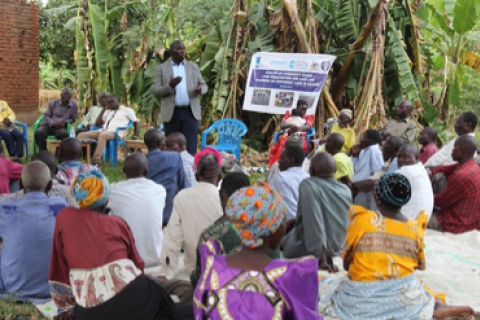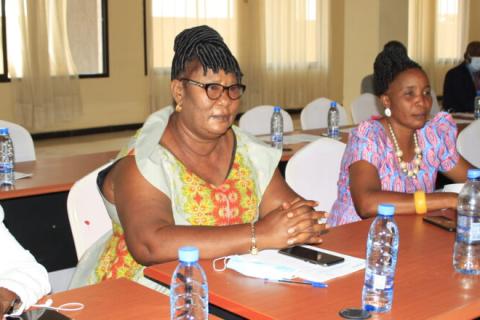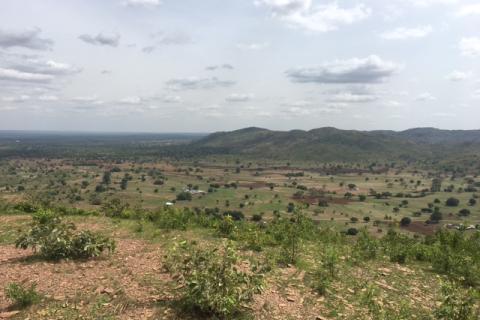Exercising the governance muscle - why inclusive land governance matters
Inclusive land governance at the local level allows for the community’s broader governance ‘muscle’ to be exercised in a constructive and practical way. This can reduce conflict and spark transformative social change.












